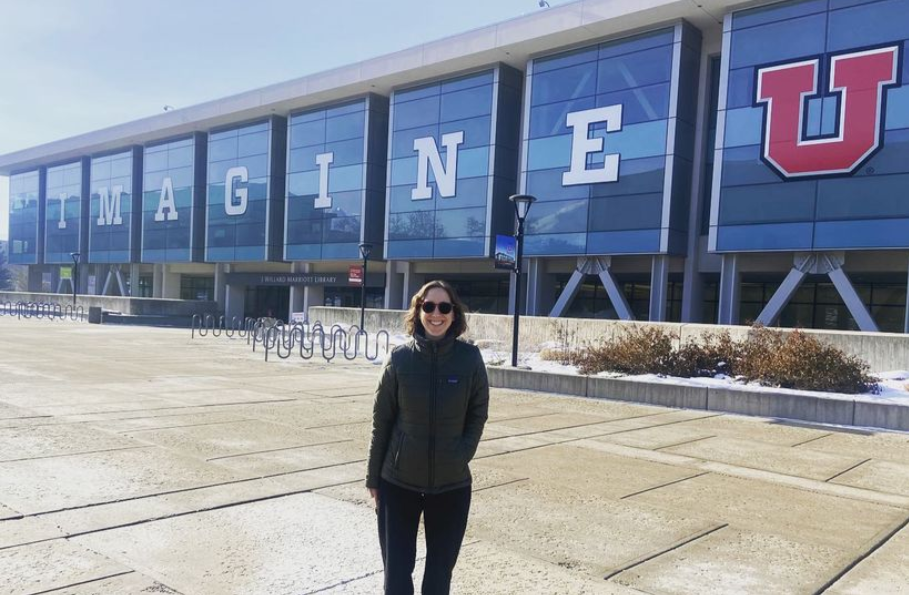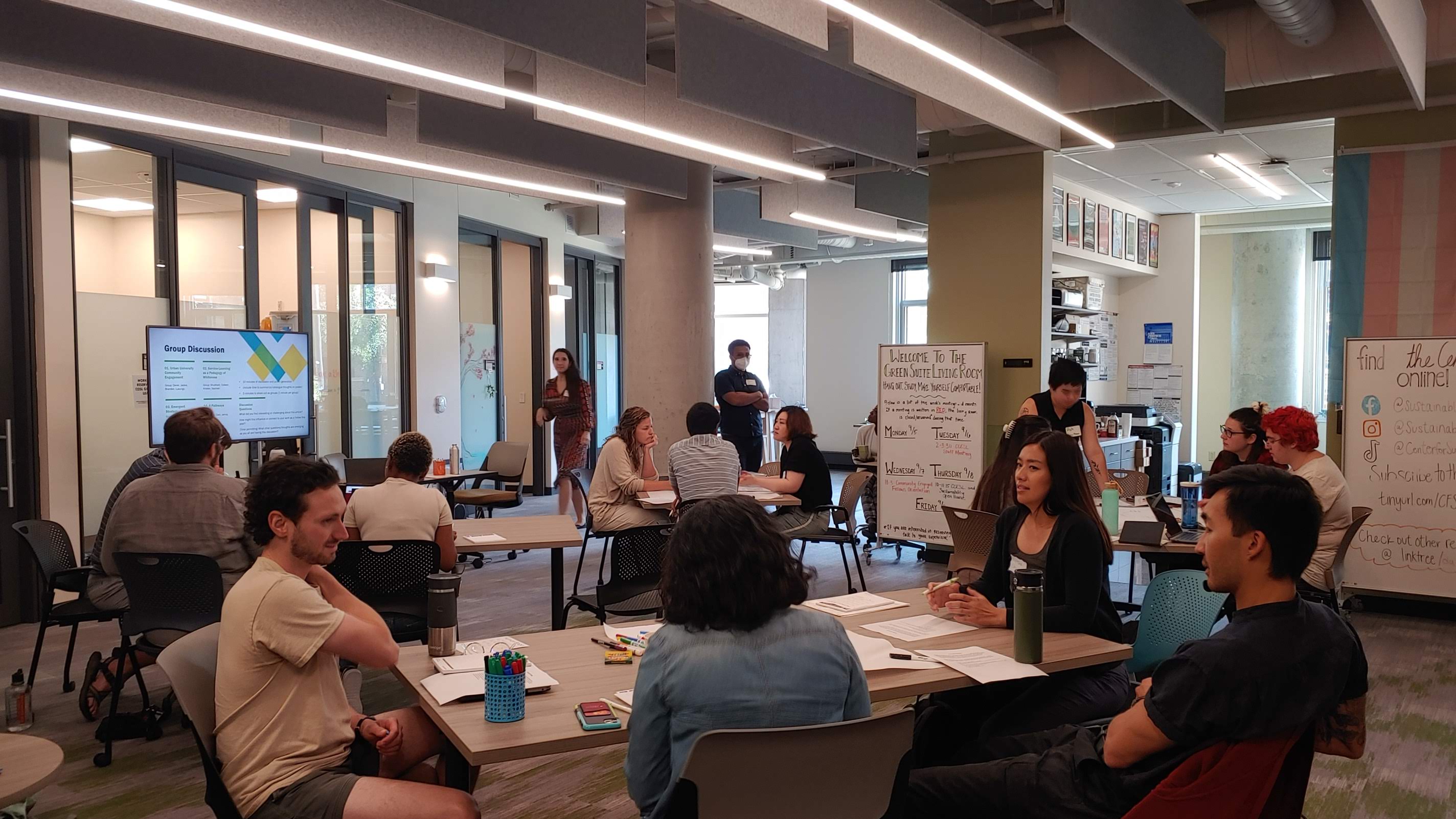Reflecting on Grad Community of Practice: Going beyond Data
By Naichen Zhao, CCESL Fellow, Educational Leadership and Policy Studies, PhD

When I began my journey as a research assistant in various projects during my PhD program in K-12 Education, little did I know how transformative the experience would be. As I look back now, I am filled with gratitude for the opportunities I had and the knowledge I gained in the research world. Most of my learning came from actively engaging in research, and I distinctly remember the sense of pride I felt when presenting the results of data collection and my interpretations to my supervisors and research peers. The days and hours spent tirelessly analyzing data had finally paid off, or so I thought.
A Moment of Change and Uncertainty during Covid 19: Soon, however, the landscape started shifting, and a moment of intense change and uncertainty arrived. Community partners began dropping off the research project due to shortages and turnover of teachers, leaders, and staff. The needs of students and families extended far beyond academic learning, and everyone involved was overwhelmed and burnt out. These circumstances prompted me to question the true impact of my work. What happened after I proudly presented my results? Did my data analysis truly help our community partners, such as our research sites and participating schools? Did my work make a difference during the pandemic crisis? Had I contributed to education equity, the core focus of my PhD program, as a humble research assistant spending countless hours analyzing data, apart from the possibility of publication opportunities? To think further, what would happen if the research project were done or, as it often the case in the research world, the funding and resources is not available anymore. What would happen to the community? Would the research benefit the community in the long run? How should I, a humble researcher, do to benefit the community partner after the project is done?
Looking Beyond Data Analysis: These reflections compelled me to reevaluate the purpose of my role as a research assistant and the nature of my engagement with the community. I realized that my responsibilities extended far beyond data analysis alone. While data analysis is essential, it is merely the starting point. The true value lies in how that analysis is translated into meaningful actions that have a lasting impact on the lives of those within the community. It is idea to have a community partner along the way since the day one of the start of a project with frequent communication and a lot of convening. As humble as a graduate research assistant, I could still make a difference in the results dissemination stage to benefit the research participants, who I’ve interviewed, responded to my survey, which is my community partner.
Reflecting on Positionality and Social Justice: Engaging in community practices with fellow graduate students allowed me to reflect on my own identity, privileges, and roles. It was in these discussions that we shared the struggles and difficulties we faced in disseminating research results. These conversations pushed the boundaries of my thinking, making me consider not only the academic journals I would choose to publish my work in but also the ethical considerations of bringing community voices into the dissemination process. The challenges ahead seemed daunting, but I realized that incorporating community voices is not just a matter of improving research practices; it is a matter of social justice.
Taking Steps Towards Benefiting the Community: Although disseminating research results may present numerous challenges, I have come to understand that finding the right way to do so is my first step in benefiting the community. It is crucial to recognize the power dynamics at play and ensure that community voices are central to the dissemination process. By prioritizing meaningful engagement and communication, we can bridge the gap between research and practice, amplifying the impact of our work on the community.


